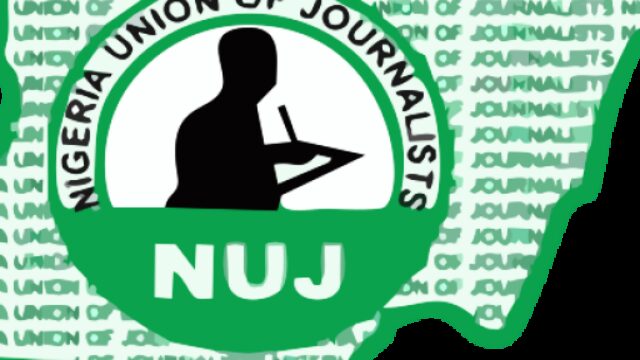
Journalists of the Correspondents’ Chapel of the Abia State Council of the Nigeria Union of Journalists (NUJ) have expressed concern that despite the provisions of three (3) extant Acts—namely, the Freedom of Information (FOI) Act of 2011, the Fiscal Responsibility (FR) Act of 2007, and the Public Procurement (PP) Act of 2007—the Acts have not been domesticated in all states. Even where they have been, the implementation of their provisions has not been most effective.
Decrying this scenario in Umuahia, the state capital, during a one-day Media Roundtable organized by the African Center for Human Advancement and Resource Support (CARS-Africa), which has Barrister Amaka Biachi as the Executive Director (ED), the journalists argued that if the laws were domesticated and effectively enforced—such that contraveners/violators were sanctioned to deter contravention—there would be better accountability and transparency in governance in the country.
In Abia State, although the Public Procurement Act of 2007 was domesticated in 2012, its implementation has not been palpably impactful, while the Fiscal Responsibility and the Freedom of Information Acts are yet to be domesticated.
At the Roundtable, which was held under the Rule of Law and Anti-Corruption (RoLAC) project and was titled “Support to Civil Society Advocacy Towards Strengthening Key Legislative Frameworks for Increased Accountability and Good Governance in Abia State,” the Executive Director (ED) stated that CARS-Africa is a women-led, non-partisan, not-for-profit organisation established to educate and strengthen people on their fundamental rights and help to instil the culture.
“We operate with support from the National Endowment for Democracy (NED), Washington DC, USA, our focus being on human rights, accountability and transparency, conflict mitigation, women and children issues, including engagement in different types of advocacy to promote social justice.”
The ED (Biachi) frowned upon the scenario where the Abia State Government was accused in some quarters of awarding contracts in violation of Part VI, Section 25(2)(ii) of the Public Procurement Act of 2007, which, according to her (ED), stipulates that “Invitation to the Bids shall be advertised in at least two national newspapers.”
The Coordinator of the Abia State RoLAC Chapter, Barrister Peter Omenka, stated that the three Acts were aimed at ensuring better accountability, transparency, and good governance. He urged journalists to constructively engage the government regarding the domestication and implementation of their provisions.
READ ALSO:NHRC to launch human rights radio station as Borno NUJ applauds medium
He said, “The tendency has been to blame the state actors for failing to promote good governance, while the people (governed), instead of playing their own part, become indifferent.”
The meeting, which discussed the role of Civil Society Organizations (CSOs) in strengthening the implementation of legislative frameworks, and best practices for media engagement in promoting accountability and transparency in governance, identified the barriers, challenges, and measures that can be implemented by media actors to ensure better accountability.
The journalists consequently called for sustained public education and strict enforcement of these laws, maintaining that without overtly prosecuting and punishing culprits/contraveners, these Acts would remain cosmetic.






